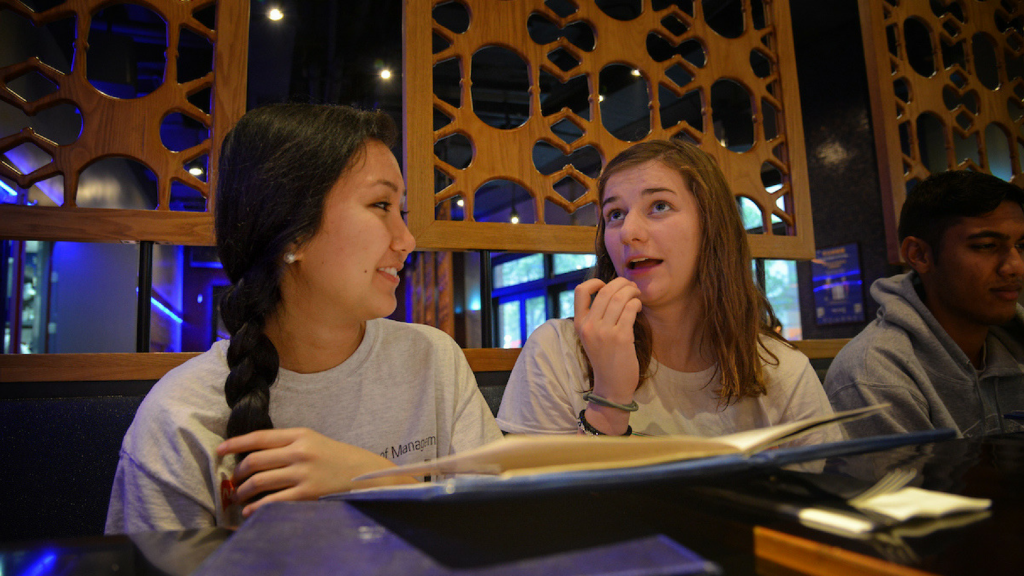Gender

Things to consider
- What are the laws, customs, and societal norms of my gender in my host country?
- What are the attitudes and expectations for women, men and transgender people in my host culture?
- Do cultural dynamics favor and give a certain gender more privilege? How could that affect how I am perceived and treated abroad?
- Are their any safety concerns and/or issues related to my gender that I need to be aware of?
Additional Resources
We have curated some additional resources that include networks, articles, blogs, etc. As you explore the impact that your identity will have on your study abroad experience feel free to check out the information below.
Students who are comfortable with exploring their identity here at NC State will be better prepared to engage with the issues raised above. In order to best prepare, you may want to consider working through identity-related questions and topics with resources on campus. NC State’s Women Center is a great place to start.